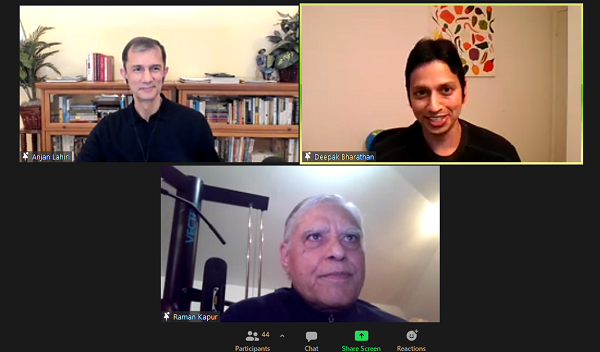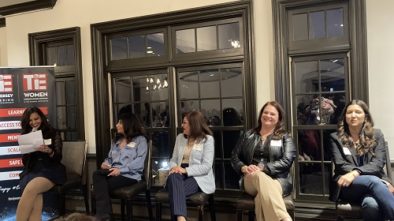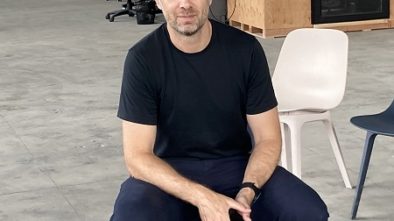TiE NJ Looks at Selling to Large Companies, from the Big Company’s Point of View
At a recent TiE New Jersey meeting, attendees were given a good-humored, but honest look at what it takes for a smaller company to become a vendor for a Fortune 50 company like Comcast (Philadelphia).
The featured speaker was Deepak Bharathan, vice president of strategic finance and procurement at Comcast. Asking questions on behalf of the entrepreneurs in the audience was Anjan Lahiri, who is CEO and managing partner of Navikenz (Cranbury), ex-CEO of Birlasoft (Pune, India) and a former president of IT services at Mindtree (Bangalore, India).
Introducing Bharathan, Lahiri said that all of the 60-plus TiE NJ members on the call were entrepreneurs who actually build stuff. They needed to meet people like Bharathan, who’s the head of purchasing and procurement at a Fortune 500 company, in order to sell those products. And it’s not easy to make those connections or learn how to approach a big company.
Bharathan started by describing the vendor landscape at a company like Comcast, noting that it’s extraordinarily complex by design. The company’s needs are very different from one building to another, and from one location to another, he said. That leads to a phenomenon called “vendor proliferation,” in which you have an ecosystem of thousands of vendors.
Reigning in Vendor Proliferation
Later, in response to a question, he said that companies like his are always trying to reign in vendor proliferation, with varying degrees of success. To some members of the audience, however, a big company’s attempts to consolidate its vendors seemed like an arbitrary assault on businesses like theirs.
In his role, Bharathan said, he must make sure that Comcast is agile enough to compete with Silicon Valley companies. He must also mitigate the risk that comes with engaging with new vendors in the ecosystem. There is the constant push and pull to reduce the number of vendors, but also have ecosystem partners that can push the boundaries. It’s a balancing act, he said.
If a small company is lucky enough to get a contract with a large firm, it’s only as good as its last project, he noted. The company will still have to “pitch up” every day.
Address Pain Points
For a smaller company to have a shot with a big company like Comcast, it must have a specific solution that addresses the big company’s pain points, and that’s much better than the solution already in use. The smaller company’s solution must be ready to go and be able to run without negatively impacting other systems within the big firm. New vendors will be asked to test their wares in the big company’s technology sandbox (a safe, isolated environment), to ensure that any potential flaws or problems in working with already established systems are detected.
“Smaller companies have to realize that they will be held to the same standards as large companies,” Bharathan stated. “For instance, if somebody holds my customer data, it doesn’t matter if it’s a 500,000-person company or a 500-person company, I need to treat them the same way, because the risk of exposure is intense. … If you can’t handle the regulatory paperwork, make sure you pick a niche that doesn’t require you to sign up for that kind of exposure,” he said.
Big companies do want to engage with startups, he added, but on their own terms. At Comcast, the engineering team is always on the lookout for technologies that will “dramatically change the game.” Responding to a question about how much digging a large company will do to find something that is truly remarkable, Bharathan said that that’s another area where the “sandbox” comes into play.
He advised entrepreneurs to make the threshold of engagement really easy for interested large companies. If a large company has to do a lot of things before it can experience the product or service you provide, then there is more paperwork for everyone before the big company can consent to the tryout. “When the product or service speaks for itself, then the follow-up conversation becomes very easy.”




